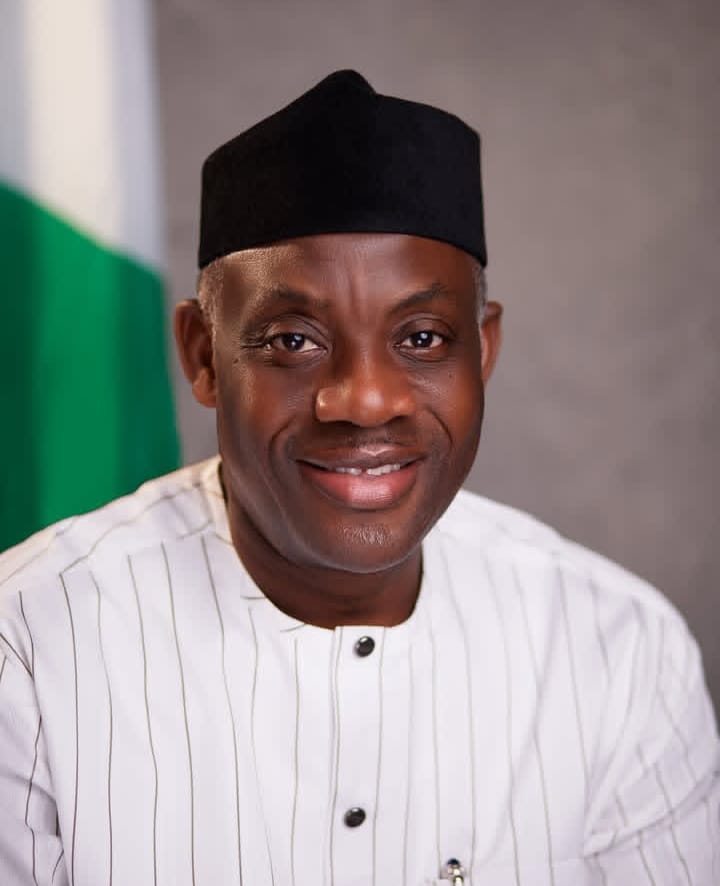The Minister of Education, Dr. Tunji Alausa, has assured Nigerians that the Federal Government is committed to ending the cycle of strikes that have long disrupted the academic calendar in the nation’s tertiary institutions.
Speaking during an interview on Channels Television on Tuesday, Dr. Alausa revealed that President Bola Tinubu has issued a firm directive to prevent any further strikes by university unions such as the Academic Staff Union of Universities (ASUU), Non-Academic Staff Union (NASU), Senior Staff Association of Nigerian Universities (SSANU), and others.
“The President has directed that not again, and I’ll borrow your word, not again ever in this country — will ASUU or all our tertiary institution trade unions go on strike,” Alausa stated emphatically.
READ ALSO: Colleges of Education to begin concurrent NCE, degree programmes in September
He stressed the importance of rebuilding trust and maintaining consistent dialogue between the government and academic unions. According to him, a lasting solution will require more than just verbal promises; it will depend on demonstrated goodwill and fulfillment of agreements by the government.
“There has to be a lot of relationship-building with ASUU, NASU, SANU, COEASU, everybody. And beyond that, the government demonstrating goodwill. Government meeting its obligations to these unions,” he added.
The minister criticized previous administrations for failing to honour agreements with the unions, often making commitments that were never implemented.
“They sit, they agree, they go and say, tell us when you’re going to implement this. But over the years, government will just renege on those agreements. But that’s not what we’re doing now. We’re talking with them actively,” he said.
Responding to recent concerns over salary delays raised by some lecturers, Dr. Alausa clarified that salaries are still being paid regularly. He explained that the transition from the Integrated Payroll and Personnel Information System (IPPIS) to the Government Integrated Financial Management Information System (GIFMIS) has caused some temporary delays but not non-payment.
“We’re paying salaries. We’re paying salaries regularly. What just happened is that after the tertiary institutions went off IPPIS, which was very restrictive to them, the President graciously agreed to that. They are now on GIFMIS so that they have better control of their funds,” he said.
He noted that salary payments start from the 25th of each month, and institutions now on GIFMIS are sometimes processed slightly later than those still on IPPIS.
“That’s why what happened in the last six months is, where I’m not happy about it, they’ve been paid around the 8th or 9th of the following month,” Alausa explained.



